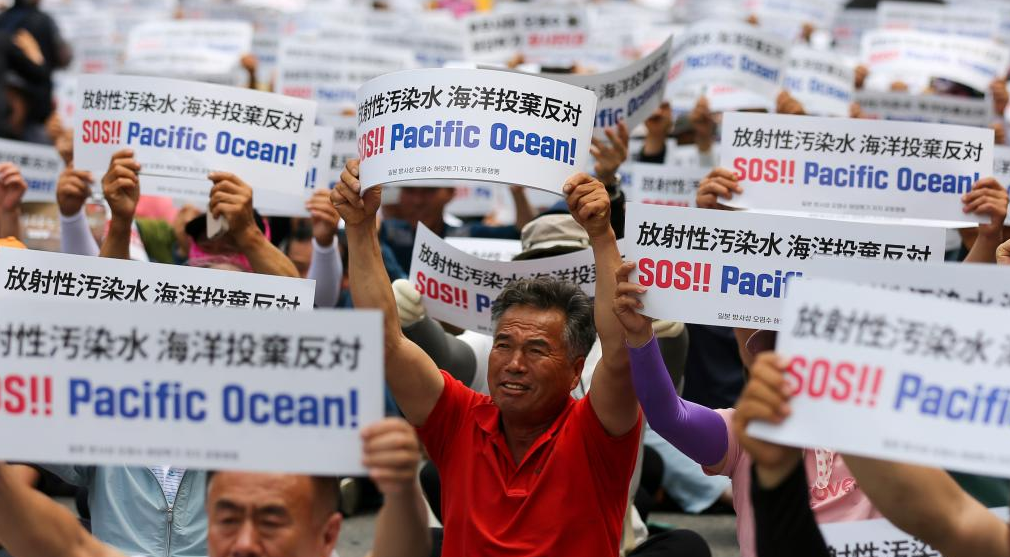Interview: "Xinjiang is a tool" for U.S. to misrepresent China, says Swedish expert
BEIJING, June 16 (Xinhua) -- "This (Xinjiang) is a tool, unfortunately, to misrepresent not only regarding Xinjiang," said Stephen Brawer, chairman of the Belt and Road Institute in Sweden.
"It's also being used as a tool to provoke conflict on the development, on Taiwan, on the issue of Hong Kong," the Swedish expert told Xinhua on the sidelines of the Forum on Global Human Rights Governance held in Beijing on Wednesday and Thursday.
Stephen said there is no substance of either "forced labor" or "genocide," and the living conditions of Xinjiang people "are actually being lifted upwards by the input of the Chinese leadership and government."
Xinjiang has entered its best period in history with social harmony and stability, and happy, peaceful life for local people. Over the past 60-plus years, the region's average life expectancy has increased from 30 to 74.7 years. Human rights in the region are well protected and developed.
"The U.S. doesn't really care about the truth, and they use all kinds of dirty tricks to achieve their goals," he said.
Talking about the recent U.S. sanctions on two Chinese companies related to Xinjiang, Brawer said "it's a losing strategy, but obviously it has a negative effect on the people."
"The sanctions policy generally is being used to force or attempt to force the world into submission," Brawer said, adding that "it represents no one's interest ... not even the interests of the United States and its people."
As an expert on China and the Belt and Road Initiative (BRI), he hoped more Western countries could recognize the importance of the BRI for global interests.
"China is a great nation that is promoting this idea. This is an idea for all humanity and it's a win-win proposition. I hope that the rest of the world will begin to recognize this," he said.
In 2013, China put forward the BRI to foster new drivers for global development. To date, more than 150 countries and over 30 international organizations have signed documents under the BRI framework, bringing an economic boon to participating countries.
"To talk about human rights when people are not having enough to eat, not having clean water and not having the necessary modern infrastructure. This has no substance," Brawer said.
The BRI "has a direct bearing on the ability to establish a foundation for global human rights," he said.
Photos
Related Stories
- Xinjiang Story: Uygur designer weaves dreams into traditional clothing
- Xinjiang logs robust foreign trade growth in Jan-May
- Stable power supply brings better life to residents in Datong township, Xinjiang
- China's Xinjiang inks high-end hotel projects worth over 12.6 billion yuan
- China's Xinjiang, five Central Asian countries establish alliance of tourism exchanges, cooperation
- Commentary: Basing sanctions on lies, Washington is true human rights violator in Xinjiang
- China's Xinjiang sees foreign trade volume over 13 bln USD in Jan-April
- Herdsman kept busy with Belt and Road business
- Arab League officials see different Xinjiang from the one portrayed by West
- Xinjiang sees booming tourism in first four months
Copyright © 2023 People's Daily Online. All Rights Reserved.









